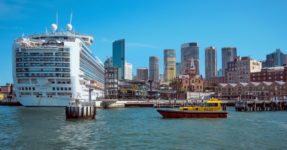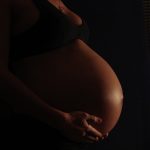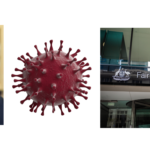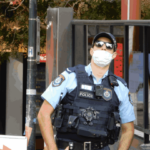Ruby Princess Class Action Commences in Federal Court

The class action against Carnival and Princess Cruise Lines over the Ruby Princess disaster has begun in the Federal Court of Australia, with the court hearing that cruise line’s conduct was ‘not some accident’ but ‘amounted to negligent’, resulting in COVID-19 being unleashed on Sydney and beyond.
Covid outbreak
The lawsuit was first launched in 2020 following a Covid-19 outbreak onboard the Ruby Princess, resulting in the deaths of 28 passengers, and the extensive spread of the virus throughout New South Wales after the plagued cruise ship was allowed to dock in Sydney Harbour, and its 2,500 passengers were able to enter the country without testing or quarantine.
In total, about 900 cases were linked to the infected cruise ship and there were 28 deaths. In fact, prior to the second wave of the pandemic in Melbourne, the Ruby Princess was the source of Australia’s biggest coronavirus cluster.
In April 2020, as the Covid-19 infection rate and death toll linked to the Ruby Princess kept climbing, the New South Wales Government launched its own inquiry, headed up by experienced Sydney barrister Bret Walker.
Inquiries have been scathing
In August that same year, the Special Commission of Inquiry into the Ruby Princess released its final report and found that state health officials made “inexcusable”, “inexplicable” and “serious mistakes’ in the way the Ruby Princess was handled, specifically by assessing the ship passengers as “low risk”, and to “do nothing” despite all the expert advice at hand.
The report noted that Department of Agriculture officers did not follow proper processes when inspecting the Ruby Princess, neglecting to complete health checklists as required by a national protocol. And furthermore, that the decision to let passengers disembark and travel onwards both domestically and internationally defied a Public Health Order, which, at the time, required all cruise ship passengers entering New South Wales from any other country to self-isolate in suitable accommodation for 14 days. The measure was implemented as Australia’s international borders closed on 17 March 2020.
Apologies, but no real accountability
Then Premier Gladys Berejiklian issued a public apology – yet no further action has been taken by the New South Wales Government.
A Federal Inquiry into the Ruby Princess, which released its findings in 2021 made similar conclusions to the NSW inquiry – that critical errors were made because of systemic problems within the Federal Department of Agriculture.
In 2020, former New South Wales Police Commissioner Mick Fuller also launched a criminal investigation into the Ruby Princess, although it seems to have ended along with Mr Fuller’s tenure as police commissioner – no more has been publicly reported.
The class action will be one avenue for the families, friends and loved ones of those affected by the Ruby Princess Covid-19 disaster to have some of their questions answered, and hopefully hold some of the decision-makers accountable for their actions.
If the plaintiffs are successful, they may also be entitled to compensation from the cruise ship company.
Breaches of consumer law and duty of care
Lawyers representing the class action, have alleged that Carnival and Princess Cruise Lines broke Australian consumer laws by breaching consumer guarantees when they engaged in conduct that was misleading and deceptive. The firm also alleges that the operators of the cruise ship were negligent and failed a duty of care to provide passengers with a safe environment.
The court has heard that of the 1679 Australians onboard the ship, 663 are believed to have contracted the Covid virus. The plaintiffs have also submitted that the cruise operators were well aware there could be a Covid-19 outbreak on board — by the departure date, there were more than 100,000 recorded cases of Covid cases globally in at least 90 countries.
Two other ships in the Princess Cruises fleet had also had outbreaks, including seven deaths and 700 cases onboard the Diamond Princess, which sailed out of Japan.
The trial is scheduled to last for four weeks.







